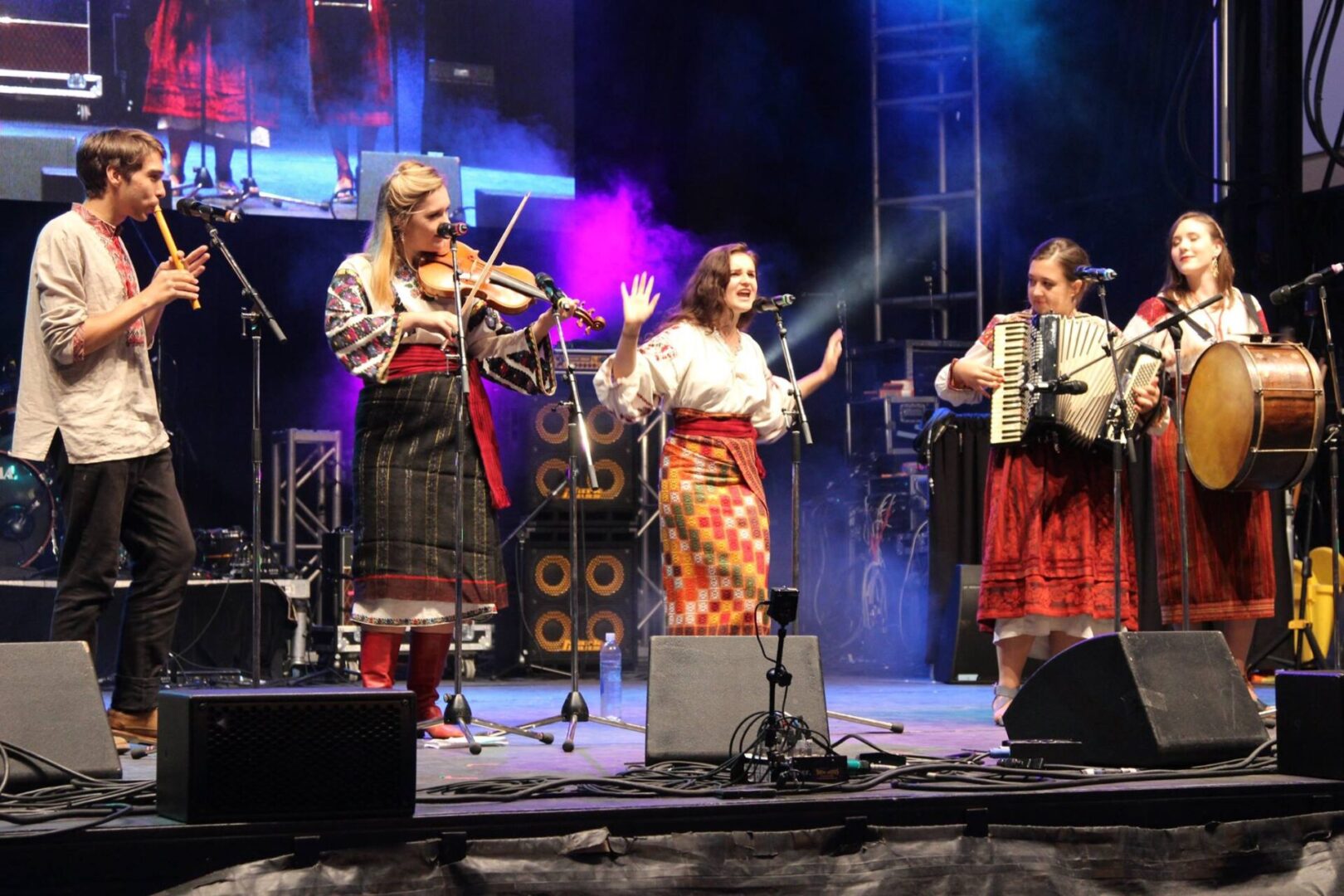Soon after Russia invaded Ukraine last February, a woman out for a smoke on the balcony of her high-rise in Kyiv spied a drone hovering in the night sky.
Certain it was up to no good, she hurled a jar of pickled tomatoes at the offending object. Her aim was true. The drone shattered.
Or so the story goes. Hard evidence that this actually occurred is hard to come by (though the story gained verisimilitude when the woman, named Elena, corrected early reports that her weapon of choice was pickled cukes, not tomatoes.)
No matter. This is Ukraine’s version of the David and Goliath story and therefore perfectly emblematic of the entire past year.
No one thought Ukraine would hang in against the Russians for one week, much less for 52 of them. This was the Yankees playing a Little League team. But I also knew, from having lived there for six months a decade ago, that the Ukrainians are a gritty bunch.
For the past year, we’ve seen how gritty. They’ve had help, of course, in the form of weaponry from the United States and other NATO members. Too much help, say critics. Not nearly enough, says Svitlana Budzhak-Jones, a Ukrainian resident of State College who has spearheaded local efforts to ease suffering in her native land.
A few days ago, I went out for coffee with Budzhak-Jones and Michael Naydan, a professor of Ukrainian studies at Penn State. I had talked to both of them when the war started, and checked in with them from time to time in the months since. Now, with the one-year anniversary of the invasion approaching, I wanted to know how they thought it was going, and what they’re hearing from their contacts in Ukraine.
Budzhak-Jones vehemently takes issue with those who say that supplying the Ukrainians with materiel has only prolonged the agony and risked igniting a wider war. While grateful for the aid her country has received, she insists that had Ukraine’s allies sent more aid more quickly, the war might be over by now.
As with most international conflicts since World War II, the West has tried to chart a course between appeasement and provocation. Doing nothing in the face of aggression encourages further aggression. Doing too much risks nuclear war.
The Ukrainians, understandably, think things are already about as bad as they can get, so they’re all in on hitting the Russians with everything everyone’s got. The rest of the world sees how things can get a lot worse.
Naydan thinks history is on the side of the Ukrainians: “A colonial power never wins a war when people are fighting for their freedom.”
He cites recent estimates of Russian casualties at 200,000 soldiers killed or wounded. “What Russia is doing is unsustainable,” he says.
Budzhak-Jones offers a couple of individual examples of suffering on the Ukrainian side. A friend has been living in an apartment without windows since her town, Irpin, was overrun by the Russians in the first weeks of the war. When the cold weather set in last fall, she barricaded the windows with wardrobe cabinets to stanch the drafts.
Her response when Budzhak-Jones offered to send money for new windows: “What’s the point? They’re coming again.”
Closer to home, Budzhak-Jones’s sister Oleksandra has been living with her since last spring while Oleksandra’s husband and son remain in Ukraine. The Ukrainian military is getting so hard up for soldiers that the husband, 57 years old and in ill health, may be drafted.
On the positive side, while pushing for State College to establish a formal sister-city relationship with the university town of Nizhyn, Budzhak-Jones has collected $13,000, mostly from Highlands neighborhood folk, for repairs to the town’s heating system. (Oddly enough, one of Nizhyn’s attractions is a statue of a pickled cucumber that predates the drone downing in Kyiv.)
Budzhak-Jones is hoping another $10,000 will be raised for Nizhyn by a concert of Ukrainian folk music at 1 p.m. on Feb. 25 at the State Theatre. The band, a rousing and joyful outfit based in Toronto, is called Korinya. Tickets are $10 ($5 for students and children). For information on the State College-Nizhyn connection, go to www.sisterssister.org.
In the March issue of The Atlantic, staff writer George Packer quotes Anatoly Kuznetsov, author of “Babyn Yar,” a book about the Nazi massacre of Ukrainian Jews at a ravine near Kyiv:
“I wonder if we will ever understand that the most precious thing in this world is a man’s life and his freedom?”
As we head into Year 2 of the war in Ukraine, the question is, how many Ukrainians are going to give up their precious lives in defense of their country’s precious freedom? And is it worth the price?
At the beginning of the war, Budzhak-Jones says, “I didn’t expect it to last this long.” Now, “I don’t see the end of it for quite a while.”



